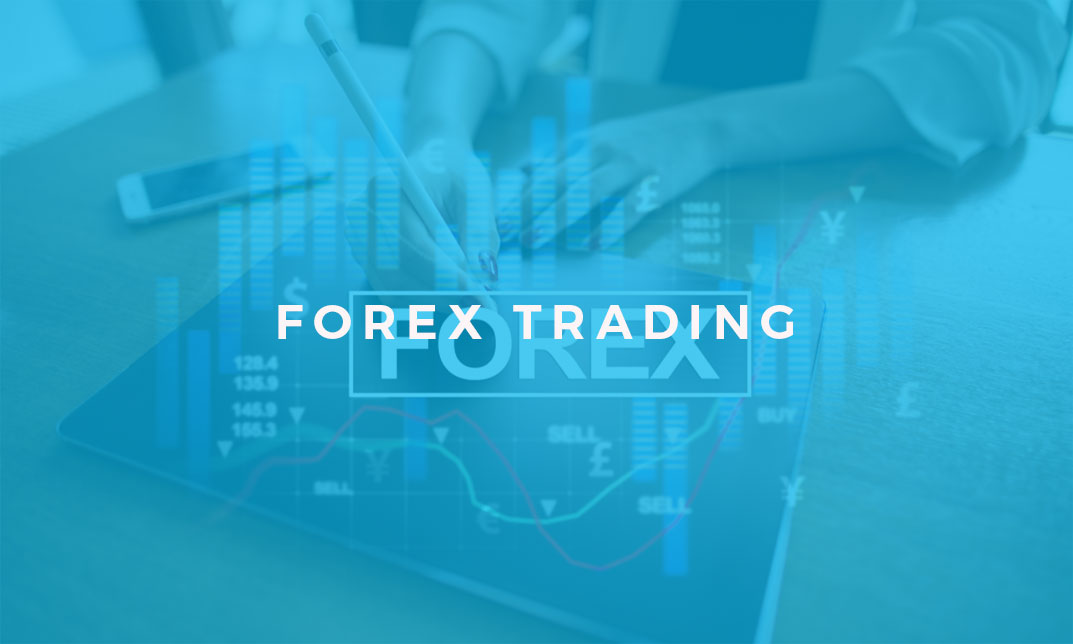Discover the Best Forex Trading Course to Boost Your Trading Abilities
Discover the Best Forex Trading Course to Boost Your Trading Abilities
Blog Article
Recognizing the Fundamentals of Money Exchange in Today's Global Market
In a significantly interconnected worldwide economic climate, comprehending the basics of currency exchange is essential for stakeholders across different markets. As central banks apply impact and technical improvements improve currency trading, the implications for international business are significant.
The Basics of Money Exchange
Currency exchange is a fundamental facet of the worldwide economy, facilitating global trade and financial investment. It entails the conversion of one currency right into one more and is necessary for businesses, governments, and people who participate in cross-border deals. The currency exchange procedure happens in the forex market (Foreign exchange), which is the biggest and most fluid monetary market worldwide, running 24 hr a day, 5 days a week.
At its core, currency exchange is driven by supply and need dynamics. Money are traded in sets, such as EUR/USD or GBP/JPY, and the exchange rate in between them suggests just how much one currency is worth in terms of an additional. This rate rises and fall constantly due to trade flows, capital movements, and other market tasks.
Participants in the Foreign exchange market array from large banks and international corporations to individual financiers and visitors. Each participant may have different goals, such as hedging versus currency exchange rate threat, speculating on currency motions, or promoting international purchases. Understanding the basics of currency exchange is essential for making educated choices in the global market, as currency exchange rate can substantially impact the cost of goods and services, investment returns, and financial security.
Variables Influencing Exchange Rates
Currency exchange rate are shaped by a complex interplay of various financial variables, reflecting the relative strength and security of nationwide economic situations. Trick among these aspects is rates of interest differentials. Higher interest prices use lending institutions much better returns about other countries, attracting even more foreign capital and creating the money to value. On the other hand, rising cost of living prices play an essential duty; money in countries with lower inflation rates have a tendency to appreciate as acquiring power increases about higher-inflation economic climates.
Economic growth and security likewise significantly impact exchange rates. A durable economic climate brings in foreign financial investment, enhancing need for the domestic money, which results in recognition. In addition, trade balances affect currency worth. A nation with a considerable profession excess typically sees its currency value because of increased international need for its goods and solutions, while a trade deficiency can deteriorate the money.
Political stability and economic performance are crucial too; nations perceived as low-risk destinations for financial investment have a tendency to see their money value. forex trading course. Market conjecture can additionally drive currency exchange rate changes, as investors anticipate future activities based upon current economic indicators and geopolitical events. These factors jointly add to the dynamic nature of currency exchange rate in the worldwide market
The Duty of Central Financial Institutions

Central financial institutions also involve in international exchange treatments to correct extreme volatility or imbalances in exchange prices. These interventions might involve purchasing or marketing foreign currencies to keep a wanted exchange price degree. In addition, main financial institutions hold substantial fx reserves, which can be released tactically to sustain their currency.

Technology and Money Trading
While reserve banks form the overarching landscape of currency exchange, technical innovations have actually transformed the auto mechanics of currency trading itself. The expansion of electronic systems has equalized access to forex markets, enabling individual investors to get involved together with institutional financiers. On-line trading systems, geared up with real-time data and logical devices, facilitate notified decision-making and have contributed to boosted market liquidity.
Mathematical trading, powered by sophisticated software program, has actually reinvented the speed and effectiveness of money trading. Formulas execute trades based on predefined criteria, decreasing human treatment and minimizing the time required to take advantage of on market motions.
Cryptocurrencies, underpinned by blockchain, have introduced a brand-new dimension to money trading, triggering market individuals have a peek here to adjust to a developing economic ecological community. As technology proceeds to develop, its impact on currency trading will likely deepen, forming future market characteristics - forex trading course.
Effect On Global Trade
In the interconnected landscape of global trade, currency exchange plays a critical function in forming financial relationships between nations. A strong currency can make a nation's exports more expensive and less attractive on the worldwide stage, potentially decreasing market share.
Currency fluctuations can likewise result in financial unpredictabilities, making complex long-lasting planning for multinational corporations. Organizations frequently hedge against these risks via economic tools to support expenses and earnings. Furthermore, currency exchange rate affect international direct investment (FDI) decisions, as capitalists seek favorable problems to make best use of returns, influencing funding flows throughout boundaries.
Moreover, federal governments make every effort to preserve stable currency exchange rate to promote foreseeable trading problems, in some cases intervening in foreign exchange markets to attain economic purposes. Reserve banks may adjust rate of interest prices or execute financial policies to affect currency toughness, consequently affecting trade dynamics.
Verdict
A thorough you can try this out grasp of money exchange fundamentals is essential for navigating the intricacies of the worldwide market. Exchange rates, shaped by rate of interest, rising cost of living, and financial growth, are crucial in identifying money appraisals. Main financial institutions play an essential role in influencing these prices, while advancements in innovation have actually changed currency trading. Comprehending these components is essential for effective monetary preparation and risk management, as currency variations significantly affect global trade and financial investment approaches in an interconnected economic environment.
Report this page